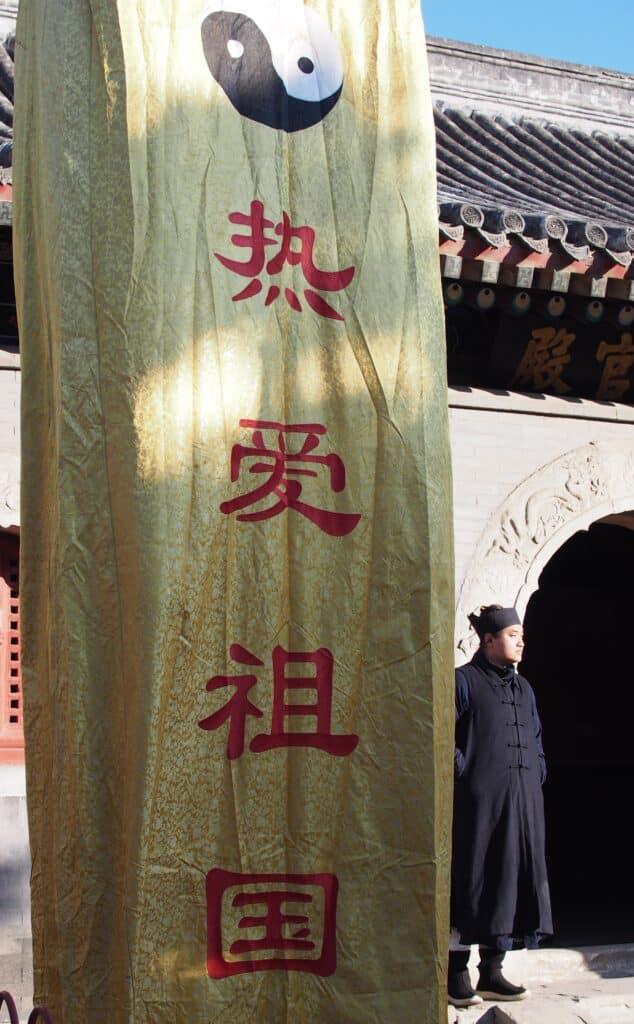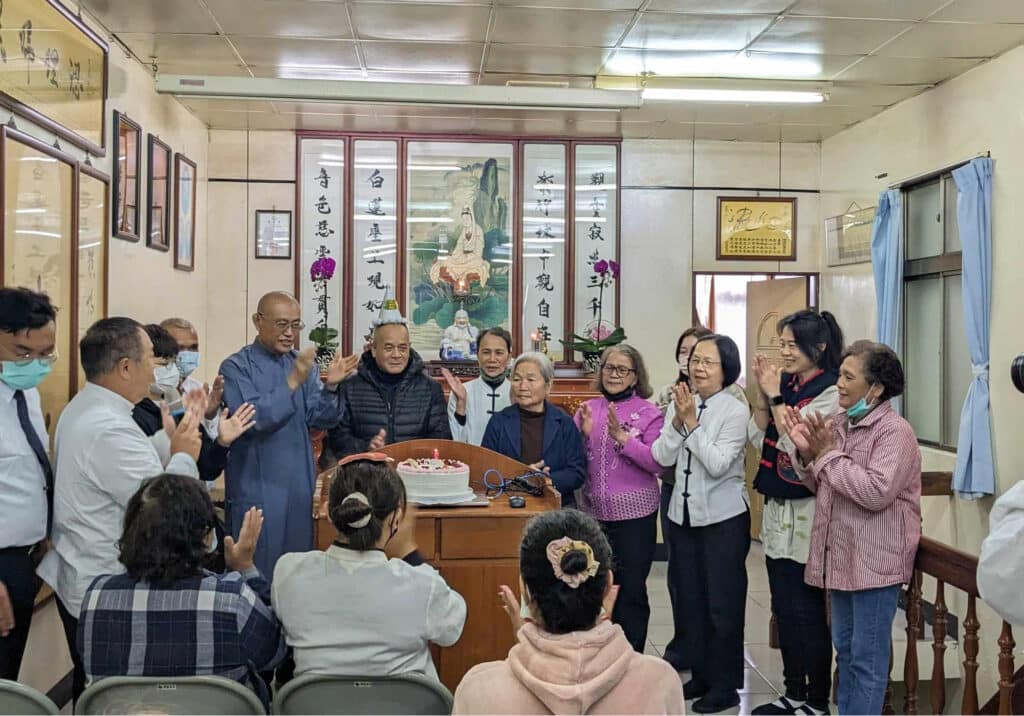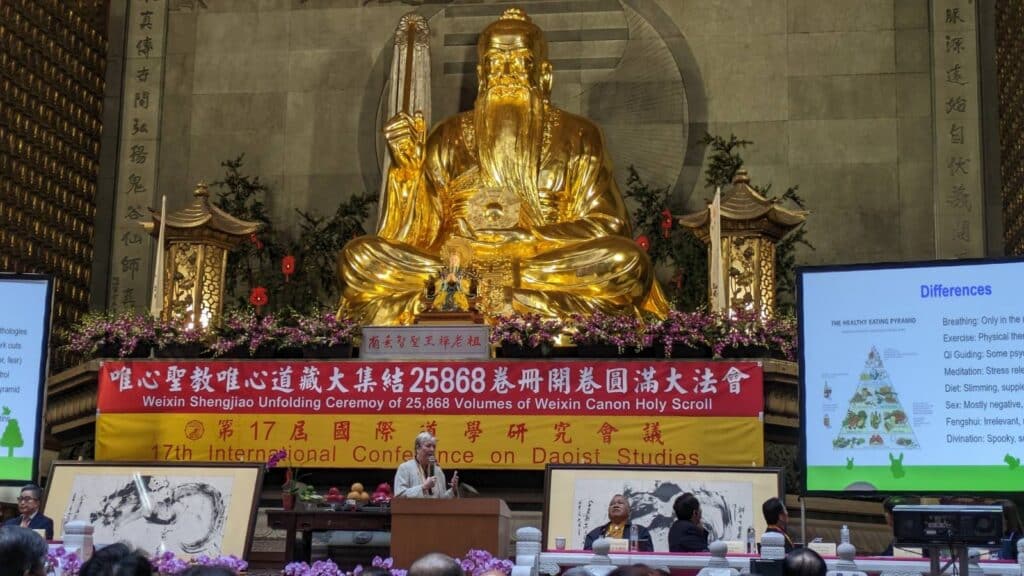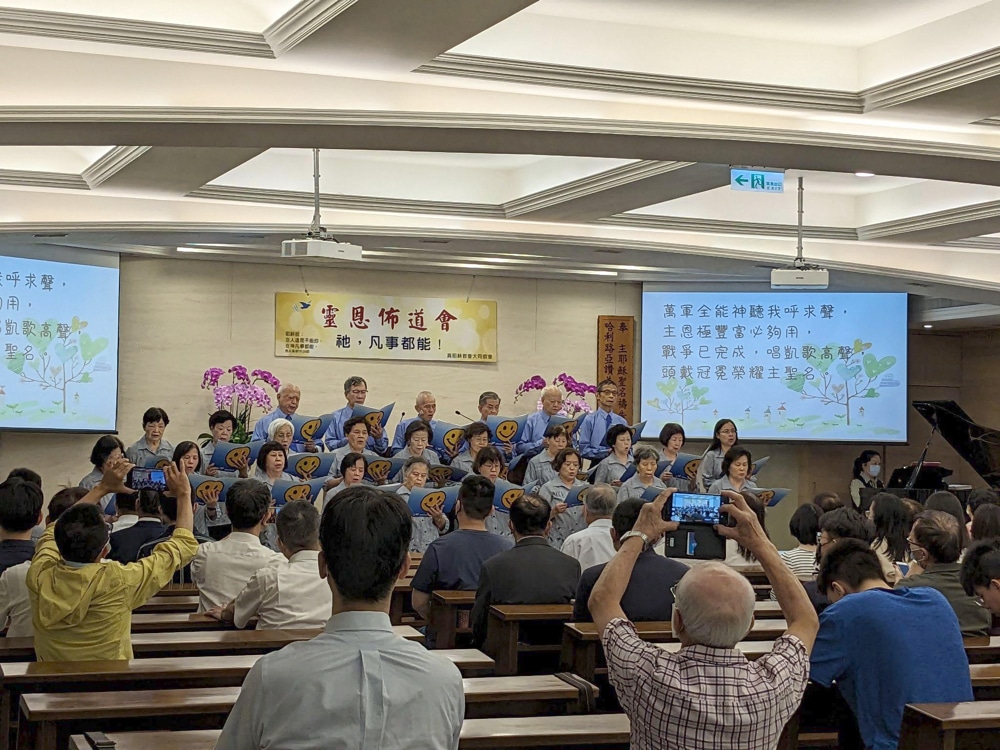This report, authored by Mattias Swenson Daly for Religioscope, explores the global expansion of the Quanzhen sect of Taoism and how the Chinese Communist Party has used it as a tool of influence through the United Front Work Department (UFWD). It examines the sect’s spread to Taiwan and the West since the late 20th century and analyzes how the UFWD leverages Quanzhen’s religious activities to promote pro-CCP messaging and exert both soft and sharp power abroad.
This report explores how the Chinese Communist Party (CCP) has rebranded Mazu as the “Goddess of Peace in the Taiwan Strait” to advance its narrative of cross-strait unification. In Taiwan, a number of Mazu temples have become entangled with organized crime, enabling gang leaders to exploit these religious institutions for financial gain, money laundering, and political influence.
Having originated in mainland China one hundred years ago, Yiguandao is a fast growing religious movement and one the largest religions in Taiwan, where it relocated the center of its activities in the mid-20th century. Today, it exists as a highly adaptive transnational religious movement devoted to self-cultivation and social harmony. Moreover, in contrast with other Chinese religious traditions, the group’s millenarian teachings lend believers a sense of urgency as they carry out proselytizing activities across the world.
Religious studies scholars from Asia, Europe, and North America joined Taiwanese researchers, practicing Taoists, and local members of the contemporary Weixinism religious movement to present academic papers as well as reports on personal experiences with Taoist practices, I Ching divination, and applications of feng shui.
The True Jesus Church was founded in 1917 by a Chinese silk merchant named Wei Enbo. Later taking the Christian name Baoluo (Paul), Wei claimed to have received a vision in which Jesus personally baptized him, and called on him to restore Christianity to its original purity. This report is an account of the historical context of this unique branch of Christianity, and the experiences of its members in Taiwan today.
The ten-year conflict in Syria has impacted every aspect of society. This includes new incentives in both the marriage economy and the sex market: some rural areas have seen a substantial increase in polygamous marriages, while some cities have witnessed the development of a religiously sanctioned sex-for-money trade.
This report investigates how Salafist groups conduct and manage the illegal trafficking of antiquities in south-west and north-west Syria, with a particular focus on Idleb Governorate. It provides details on the interactions among the actors involved (diggers, traders, armed groups and smugglers) and analyses the various kinds of interactions between religious beliefs and norms, on the one hand, and the illegal trade in cultural assets, on the other.






